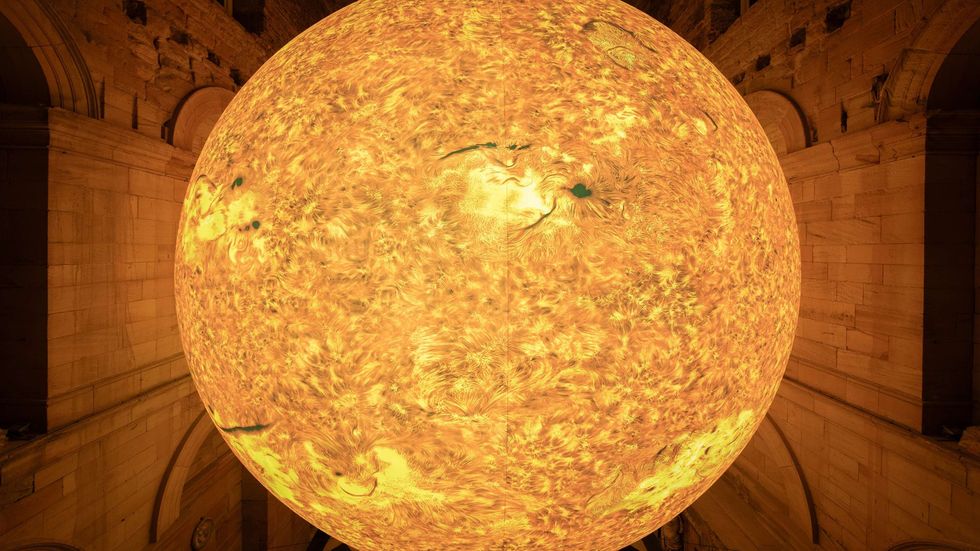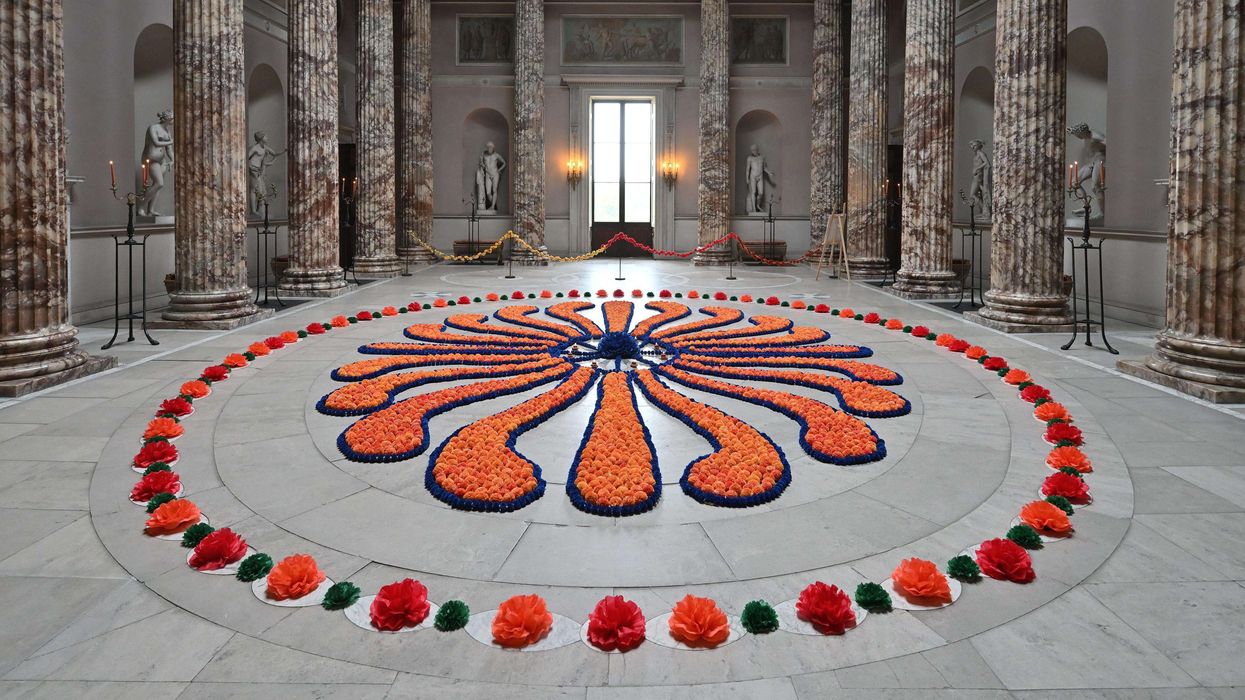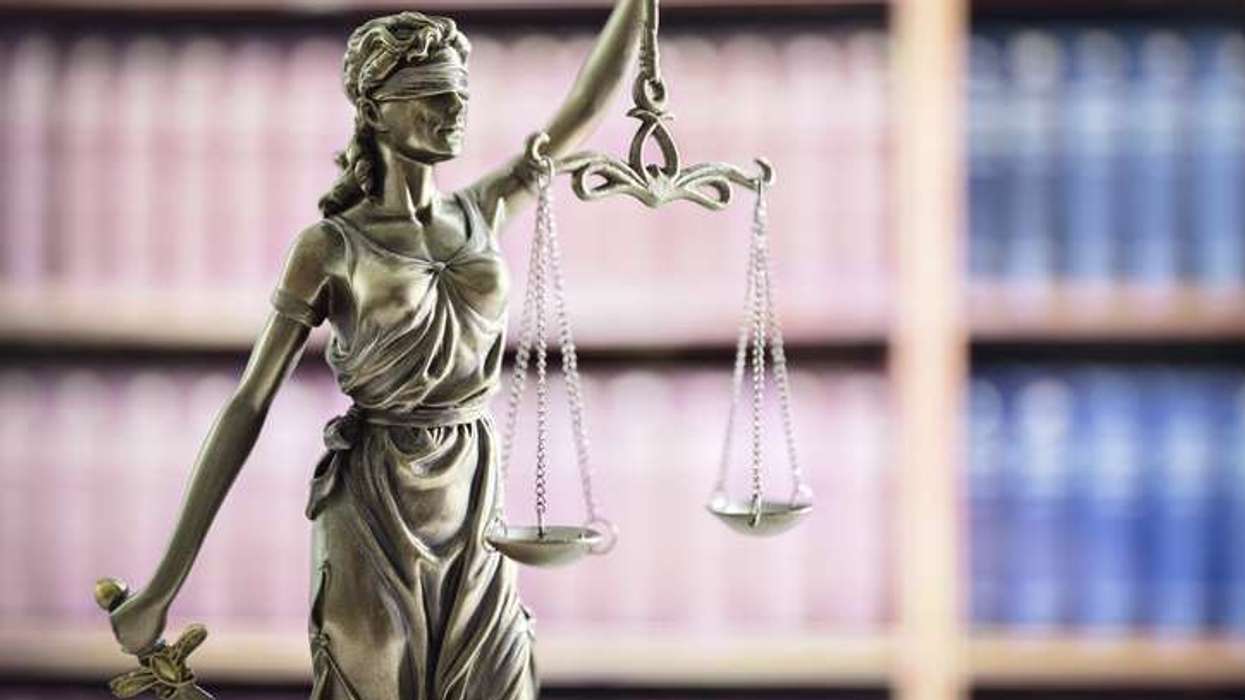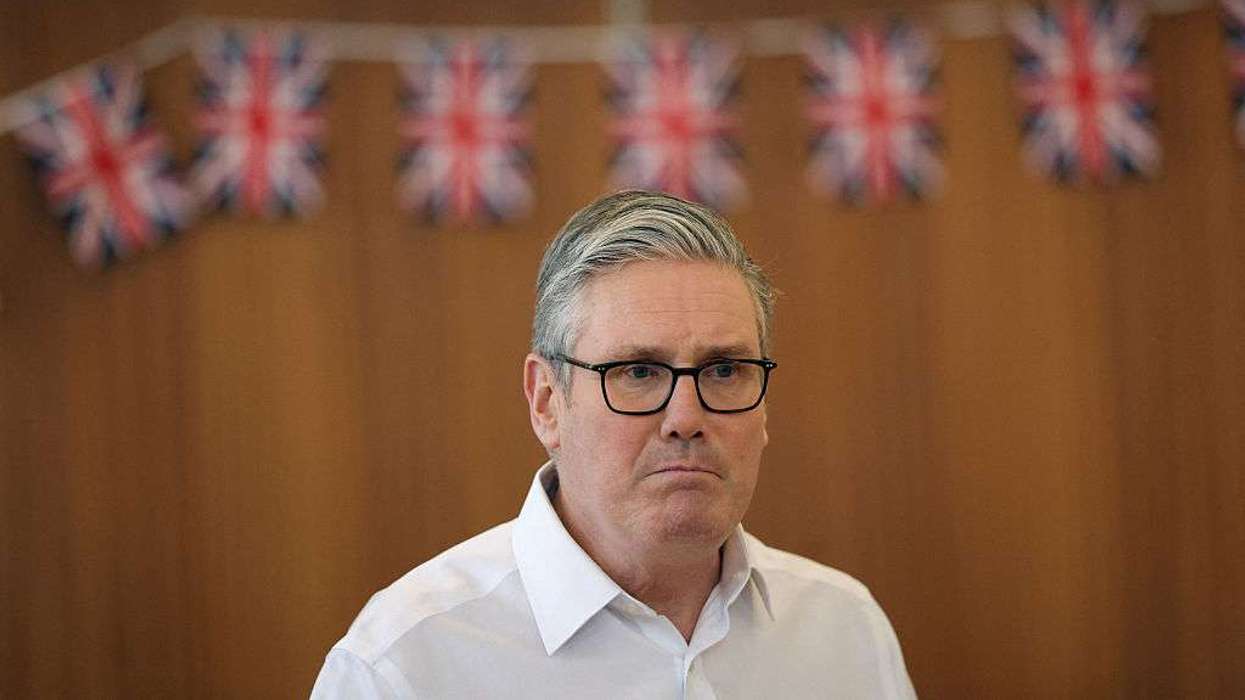The month-long Diwali celebrations at Kedleston Hall, the National Trust property near Derby, began on Friday (3). Running until November 2, the 18th-century mansion will welcome visitors from all backgrounds to enjoy the events, a statement said.
The Diwali display, now in its third year, has been shaped with the help of local communities and draws inspiration from Kedleston’s historical connections to South Asia.
As part of the celebrations, visitors will be greeted by hundreds of marigold garlands, sari fabrics and glowing diyas (clay oil lamps) placed throughout the Hall’s historic rooms.
Rangoli light projections will brighten floors and walls with traditional Indian patterns, while historic lamps from the Museum collection are given a festive makeover. Families can also enjoy oversized traditional board games, and a short film about the making of the marigold decorations will be shown in the Billiard Room, the statement added.
A highlight of this year’s programme is Helios, a seven-metre illuminated sculpture of the sun by artist Luke Jerram. The artwork will be suspended in the Hall’s Saloon from October 17 to November 2. Combining light, sound and solar imagery, it complements Diwali’s themes of brightness and renewal. The installation will be available to view daily, with special evening openings on October 29 and 30. Pre-booking is required.

Jennie Lloyd, general manager at Kedleston Hall, said: “Lighting up Kedleston Hall for Diwali has become a cherished tradition. We’ve worked closely with local communities to evolve our celebrations, ensuring they reflect both authenticity and creativity. This year, we’re thrilled to offer something truly special in the Saloon with Helios by Luke Jerram.”
Live performances will also be held as part of the celebrations, with Surtal Arts staging a Diwali dance beneath Helios on October 22, followed by a musical finale on November 2 from Soulful Sangeet, the tabla and flute duo.
The event is free to National Trust members, with standard admission for non-members. Kedleston Hall will be open daily during the festival from 11am to 4pm, except for a short closure between October 13 and 16.





